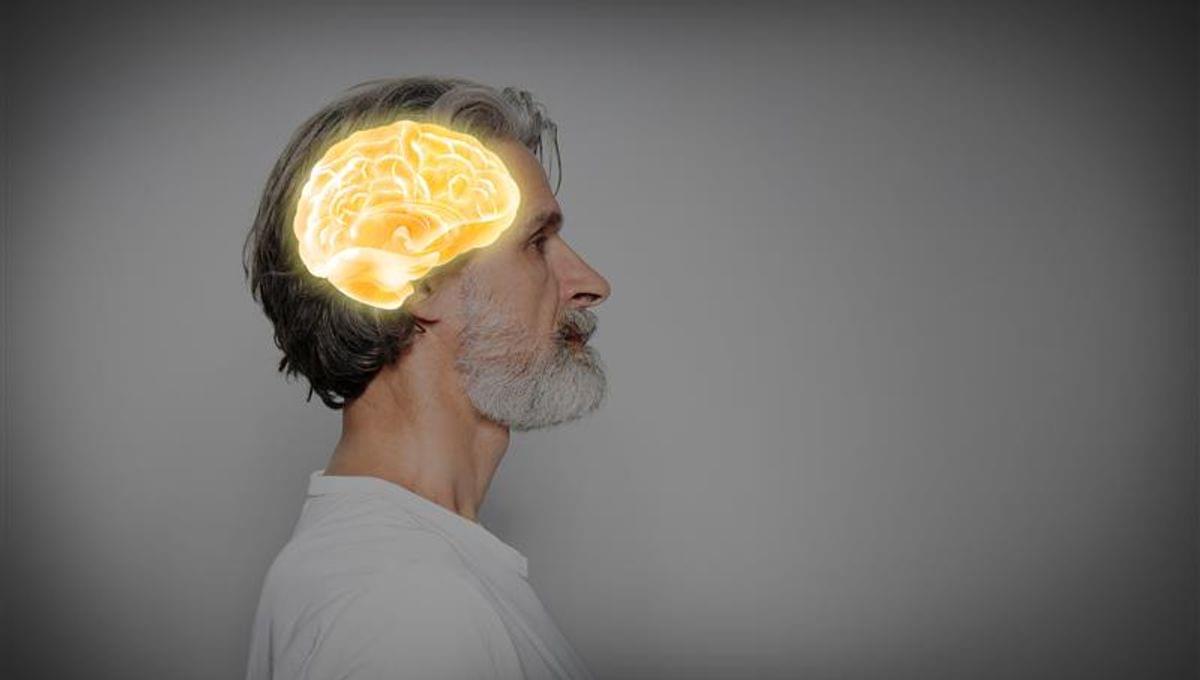Organic compounds can form through simple chemistry alone — making the search for true biosignatures trickier than it seems. Posted on Big Think. Read it Here: Biosignatures? Why organics on Mars don’t necessarily signal life — Big Think
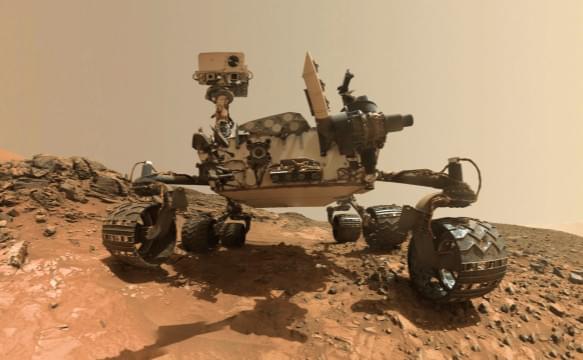

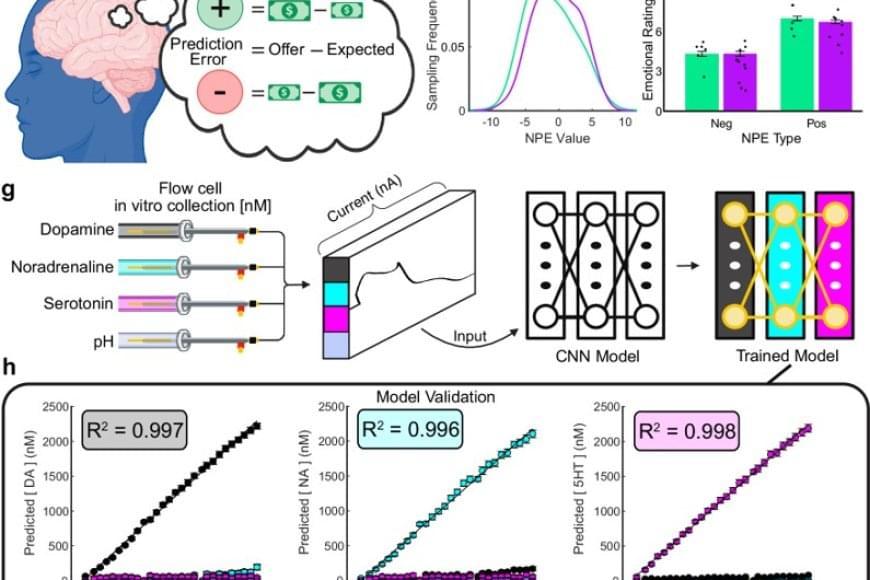
Researchers have identified a neurochemical signature that sets Parkinson’s disease apart from essential tremor — two of the most common movement disorders, but each linked to distinct changes in the brain.
In a new study in Nature Communications, scientists identified unique chemical signaling patterns of two key neurotransmitters — dopamine and serotonin — that distinguish these two disorders.
“This study builds on decades of work,” said a co-senior author, who with colleagues developed the multi-faceted technologies and the theoretical constructs for the work over their 15 years at the research institute.

For centuries, mathematicians have developed complex equations to describe the fundamental physics involved in fluid dynamics. These laws govern everything from the swirling vortex of a hurricane to airflow lifting an airplane’s wing.
Experts can carefully craft scenarios that make theory go against practice, leading to situations which could never physically happen. These situations, such as when quantities like velocity or pressure become infinite, are called ‘singularities’ or ‘blow ups’. They help mathematicians identify fundamental limitations in the equations of fluid dynamics, and help improve our understanding of how the physical world functions.
In a new paper, we introduce an entirely new family of mathematical blow ups to some of the most complex equations that describe fluid motion. We’re publishing this work in collaboration with mathematicians and geophysicists from institutions including Brown University, New York University and Stanford University.
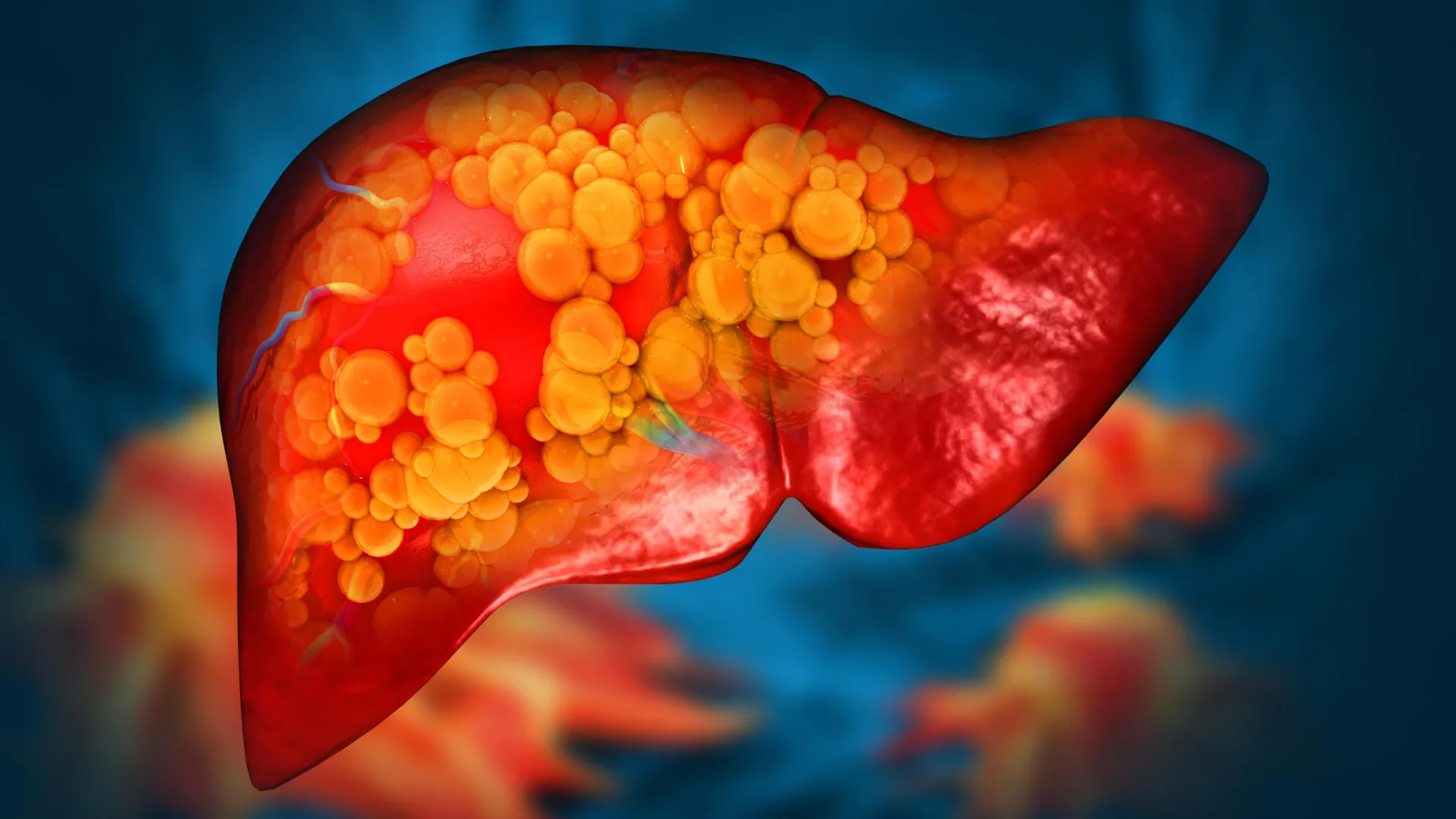
Scientists at UC San Diego have identified a new drug, ION224, that could transform the treatment of MASH, a dangerous form of fatty liver disease tied to obesity and diabetes. By blocking a key liver enzyme, the drug reduces fat and inflammation, halting the root causes of liver damage. In a year-long clinical trial, patients showed major improvements without serious side effects, offering hope to millions affected worldwide.
Hi everybody. I’m writing to you because we are reaching an important moment in our reproduction of Harold Katcher’s seminal study of rats rejuvenation, in which we are only 9 months from starting the injections but we raised 71% of the total cost of the experiment. We already published the article of our 2024 experiment in a peer-reviewed journal (https://journals.tmkarpinski.com/index.php/ejbr/article/view/772), in which we injected the Pig Plasma Extracellular Particles (PPEPs) in young rats to assess a potential acute immunogenicity or toxicity — without any negative effect observed. Nina Torres Zanvettor (cofounder of ICR together with me) and I were interviewed some weeks ago by Eleanor Sheekey in her YouTube channel (https://youtu.be/Q-lS1UMHG1o?si=ImDWycjM8r8-KpyF), as we are trying to spread the word about the experiment and the crowdfunding. We are making the experiment in collaboration with Unicamp university and Dr. Marcelo Mori, a world-class aging scientist. The rats are already aging in the university facility and we are preparing the epigenetic age measurements with Horvath’s foundation (Clock Foundation), but we still have to raise 29% (US$21,000) of the total cost (US$75,000).
We will publish everything (methods, materials and results) immediately, but we need the help of the community too, as we will give back all the information for the community. Could you help us to fund the study? Any amount is important. The link to make a donation is https://www.rejuvenescimento.org/donation. I don’t even consider it precisely a “donation”, but a financial collaboration, as the “donor” would be able to use the information, and maybe they can also use the rejuvenation technology that some day would arise from this research. By the way, if we manage to rejuvenate the rats, we will then try to keep them young as long as we can, in a longevity experiment. Also, if we rejuvenate the rats, we will carry out a safety experiment in a Good Laboratory Practices facility here in Brazil that would allow regulatory approval to try the therapy in human patients who don’t have any other alternative to be kept alive — we expect to be able to carry out those human trials in 2028. So we intend to go all the way to the clinic, if we confirm Katcher’s results.
Slot DANA merupakan bentuk kerja sama situs slot online yang selalu menghadirkan keuntungan besar dalam setiap permainan slot gacor deposit QRIS dana pulsa 10K terbaru bonus scatter hitam.

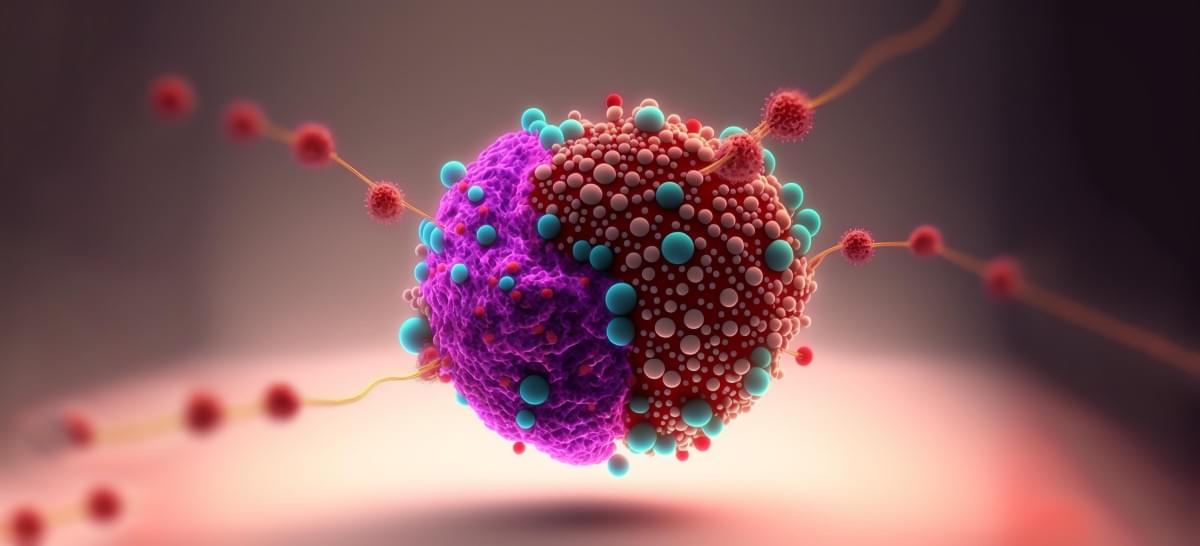
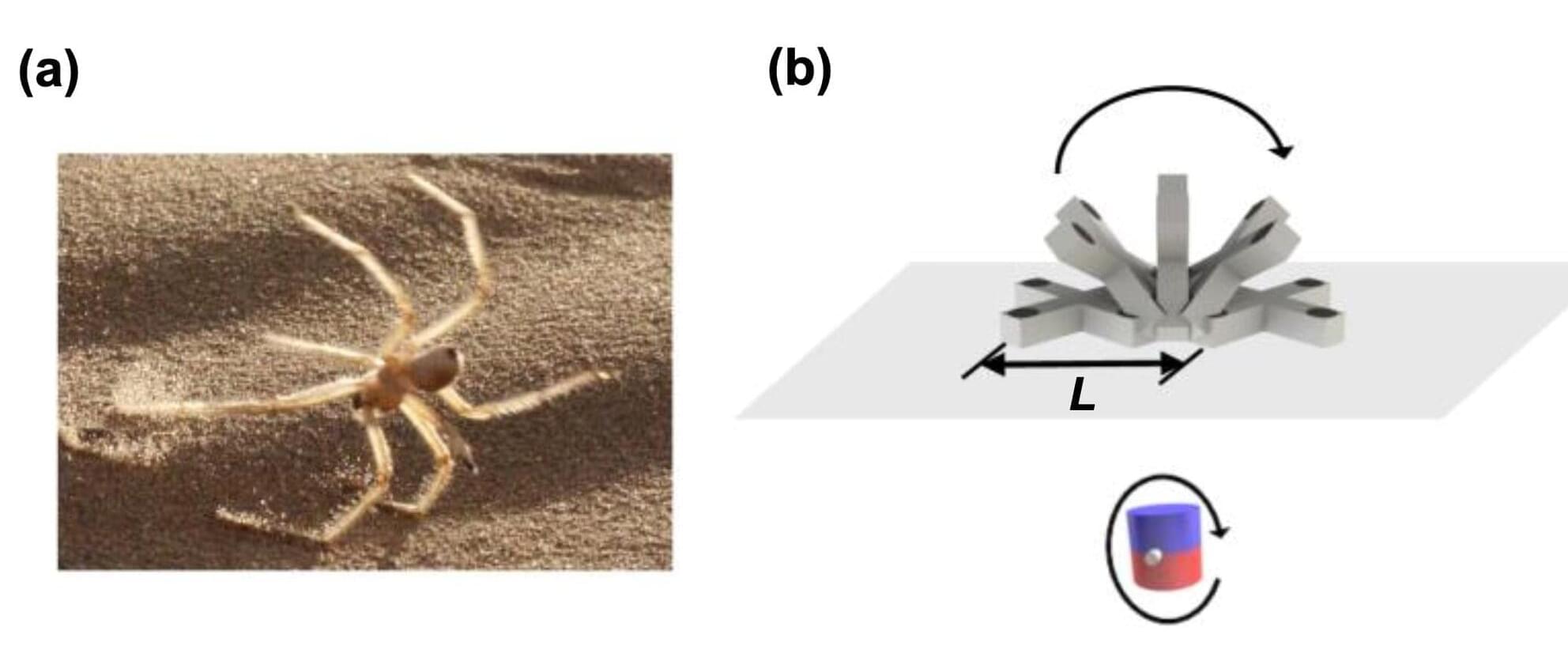
The gastrointestinal (GI) tract is a collection of organs and structures inside the bodies of humans and other animals that is responsible for the digestion of food, the absorption of nutrients and the expulsion of waste. Its underlying parts include the mouth, esophagus, stomach, intestines, rectum and anus.
Over the past decades, the incidence of cancer in the GI tract and some other conditions affecting the digestive system has risen substantially. Existing approaches to diagnose and treat GI cancers rely on endoscopy, a medical procedure that entails the inspection of internal organs via a flexible tube with an embedded camera (i.e., endoscope), which is inserted into the body through the anus, mouth or a small incision.
In addition to being highly uncomfortable for patients, endoscopy often fails to reach regions that are deep into the GI tract or are difficult to access due to the body’s natural configuration. Some biomedical engineers have thus been trying to devise alternative systems that could inspect parts of the digestive system more effectively, while causing patients minimal discomfort.
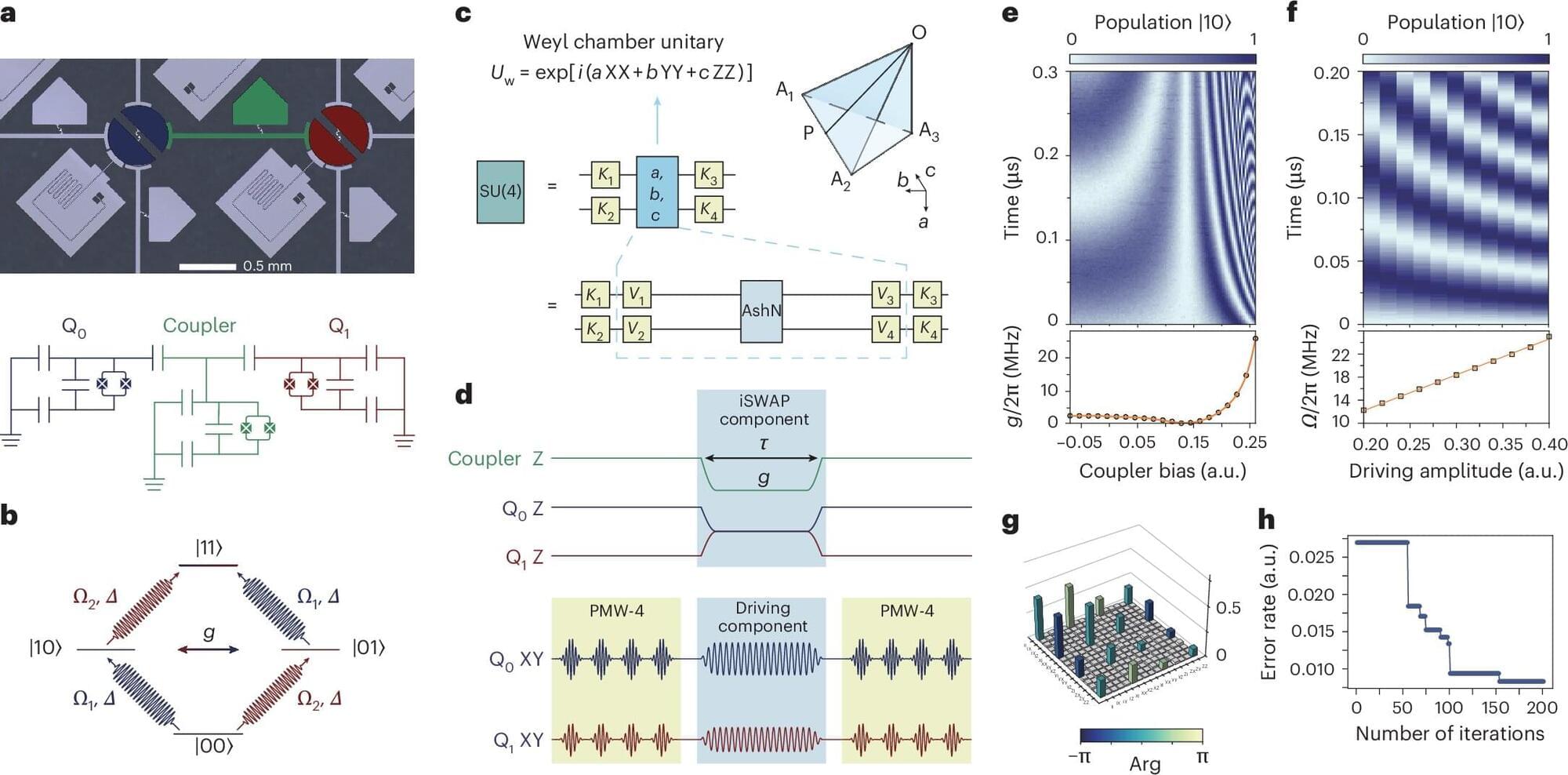
The operation of quantum computers, systems that process information leveraging quantum mechanical effects, relies on the implementation of quantum logic gates. These are essentially operations that manipulate qubits, units of information that can exist in a superposition of states and can become entangled.
A type of quantum logic gate that enables the entanglement between qubits is a so-called two-qubit gate. Notably, most existing schemes for generating these gates force qubits outside of the conditions or parameters in which they can best store information and are easier to control.
Researchers at the Beijing Academy of Quantum Information Sciences (BAQIS) and Tsinghua University recently introduced a new universal scheme to implement two-qubit gates in superconducting quantum processors. This scheme, outlined in a paper published in Nature Physics, was found to reliably enable the generation of entanglement between qubits in superconductor-based quantum computers.
